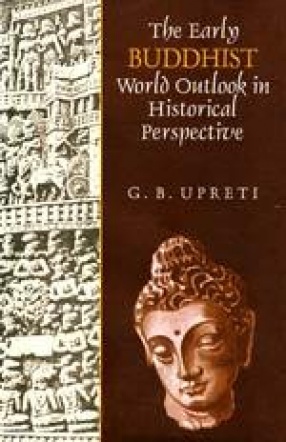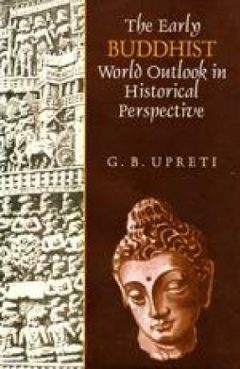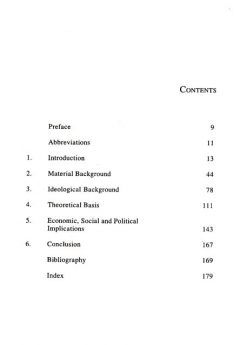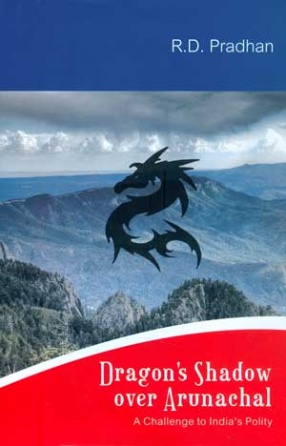Though scholars like T.W. Rhys Davids and Trevor Ling have maintained that the early Buddhist world-view emphasized the collective over the individual, it is debatable if this was so. The author of this book has joined the debate and examines the issues bringing fresh insights on the subject. In this book the author seeks to prove that the consciousness of the individual and individuality, which at the empirical level involves the rise of private property, family and the state, finds its most sophisticated and rational expression in early Buddhism. Its also rationalized individualism and gave it a human face by curbing the wayward, infantile and egocentric tendencies both at theoretical and empirical levels. The early Buddhist world-view cannot be reduced to a religion of personal salvation based on pragmatism or agnosticism. It is not an ethical system founded upon the principle of retributive justice, nor a philosophy of non-being hinging on the causal nexus, nor even a mere ideological reflection of the second urbanization.
Dragon’s Shadow Over Arunachal: A Challenge to India’s Polity
As the first governor of ...
$32.40
$36.00







There are no reviews yet.